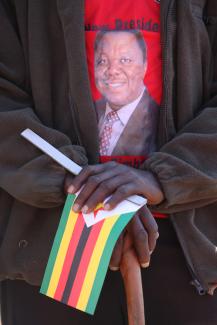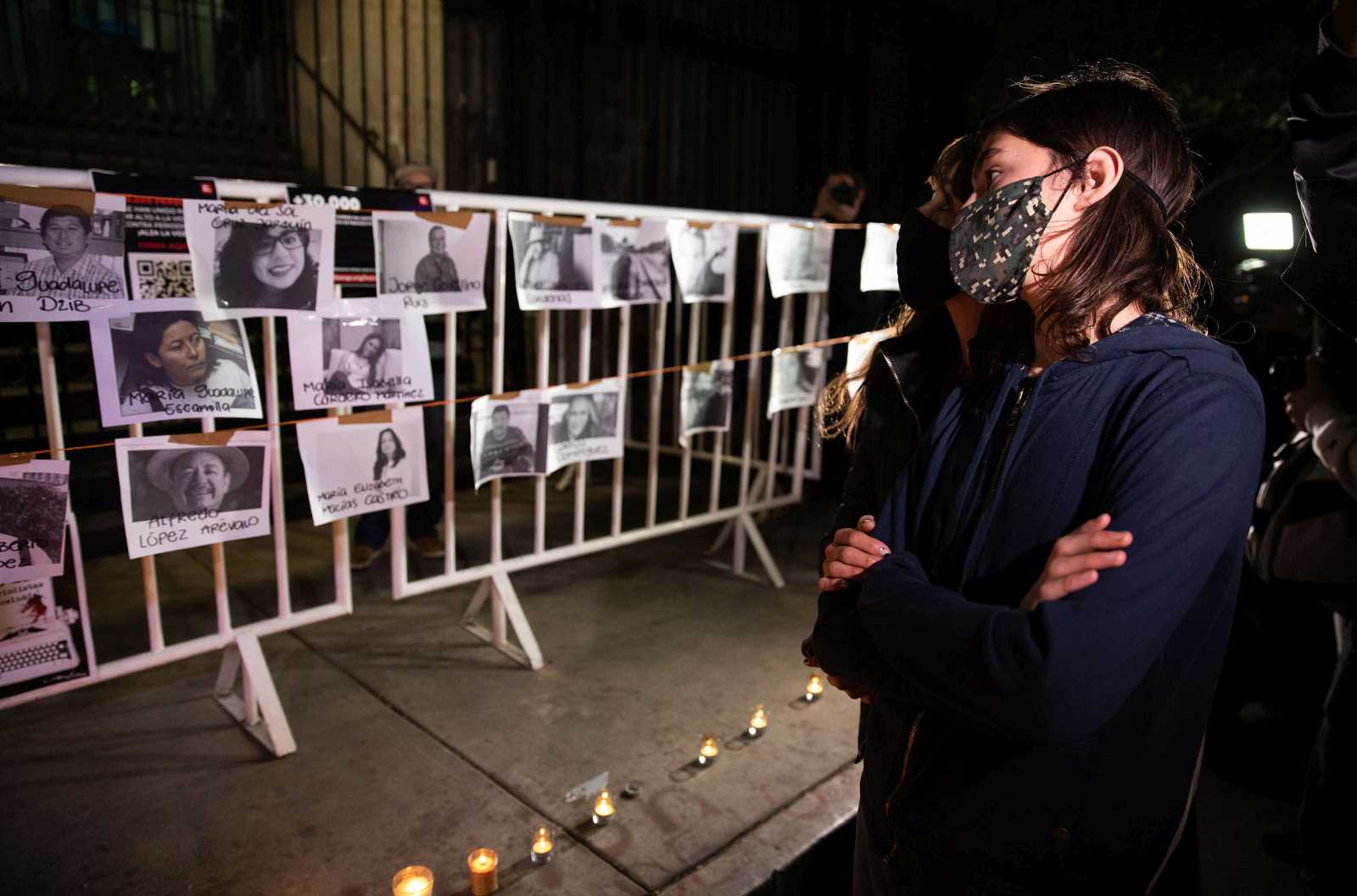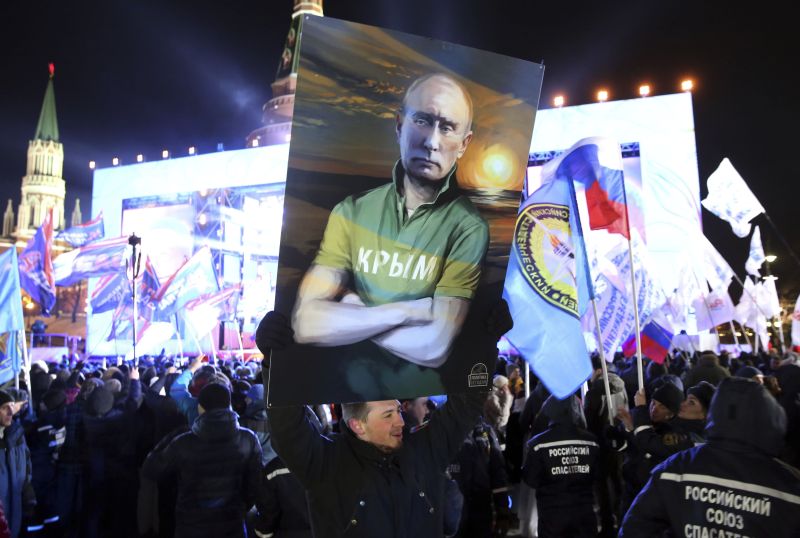Zimbabwe
Back to square one

Mugabe has a long history of manipulations and machinations, and the elections were widely discredited internationally. Nonetheless, the results announced by the government were endorsed by the African Union and the regional organisations Southern African Development Community (SADC) and Common Market for Eastern and Southern Africa (COMESA). Zimbabwe is a member of both. Those citizens of Zimbabwe who want clean procedures and good governance feel let down by their neighbouring countries.
Former Prime Minister Morgan Tsvangirai was widely expected to win the poll, but he officially only got only 34 % of the vote, while Mugabe claimed 61 %. ZANU PF won control of both houses of parliament. The election brought to an end a government of national unity formed by Mugabe’s party and Tsvangirai’s Movement for Democratic Change (MDC) under pressure from neighbouring countries after inconclusive elections and dreadful violence in 2008. This coalition government had brought hyperinflation to an end and stabilised the economy. Obviously, ministers and policymakers from the MDC had made the difference.
Many Zimbabweans worry about the consequences of Mugabe’s renewed office term, especially following his recent announcement of ministers. Most of them previously served in government, overseeing the long and painful economic decline. Some of the "old new ministers" have been around almost as long as Mugabe himself. Several of them are widely suspected to have benefitted from corruption. Why should they serve the nation better this time?
As if reading the people’s minds, Mugabe recently vowed to fight corruption. He accused Goodwills Masimirembwa, the former chairperson of the Zimbabwe Minerals Development Corporation, of trying to extort money from Ghanaian investors. That exposure was unexpected. Few people, however, believe that the president’s anti-corruption crusade will net in leaders who are close to him. Several ministers have a reputation for having "eaten" more than Masimirembwa.
What depresses people’s hopes even more is that the opposition is in shambles. The performance of the MDC was the worst since the party came onto the scene in 1999. For the past 14 years, Tsvangirai had been the face of the opposition – even when he was serving as prime minister. Many had hoped he would end Mugabe’s rule.
After Tsvangirai’s loss at the polls, however, even senior leaders of his party demand that he resign. Roy Bennet and Ian Kay have done so. They are two white former commercial farmers who were among the party’s founders and have been instrumental in mobilising resources for the MDC’s campaign. At the municipal level, MDC politicians have similarly backed off from Tsvangirai.
Tsvangirai suffered another blow. His long-time ally Lovemore Madhuku heads the National Constitutional Assembly (NCA), a civil-society organisation, and recently announced that he would turn the NCA into a political party. It was the MDC’s strategic partner, but is now set to become a competitor. In fact, Tsvangirai himself is a former chairperson of the NCA.
Even some of the independent media, with a long record of supporting Tsvangirai, are turning away from him. That is not only the result of disappointment in the MDC leader. Journalists have reason to be afraid of the government as Mugabe reappointed Jonathan Moyo as his information minister. In his previous term, this man presided over the worst media repression in Zimbabwe from 2000 to 2005.
Mugabe and his party campaigned mostly on the promise to indigenise foreign-owned businesses, including international banks. It remains to be seen how this is going to play out. Lately, Zimbabwe had been regaining some international credibility, and Mugabe may not want to gamble that away. Earlier policies of indigenisation resulted in economic decline, so many of us here are praying that no such policy will be implemented at all.
In any case, it will be a long five years for Zimbabwe before the next general elections in 2018.
Mufudzi Moyo is the pseudonym of a Zimbabwean journalist. The author’s real name is known to the editorial team of D+C/E+Z.
euz.editor@fs-medien.de













